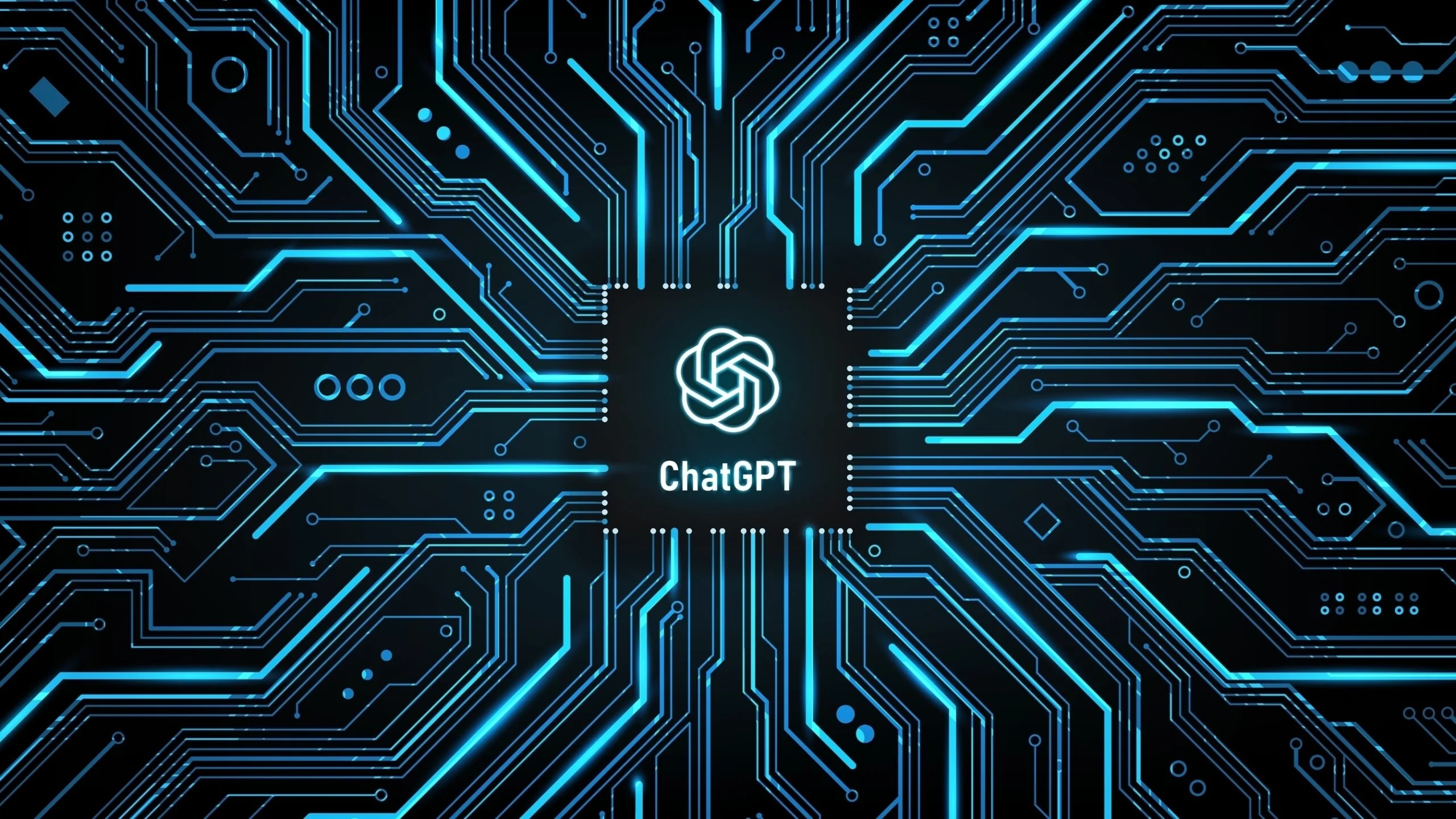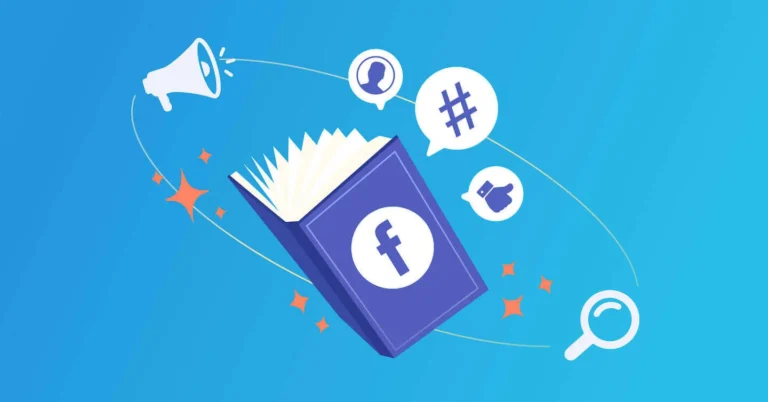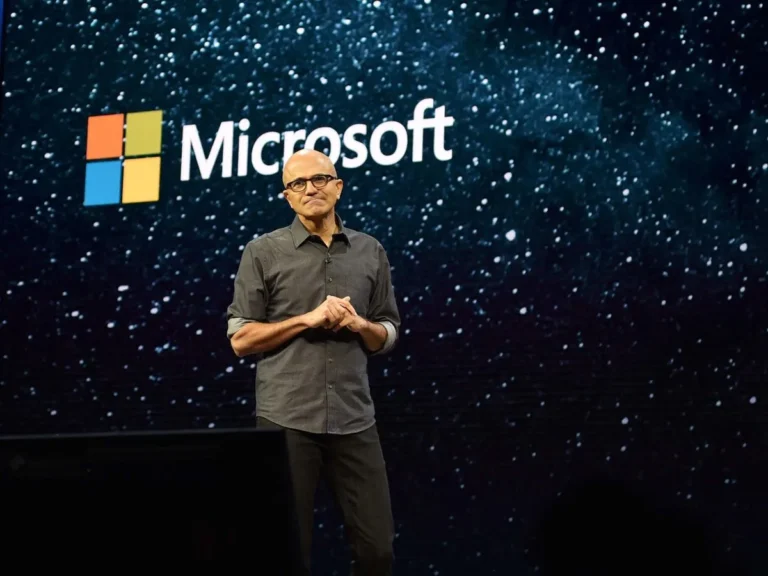Introduction to ChatGPT and its capabilities
The Influence of ChatGPT on Content Marketing: Welcome to the era of ChatGPT, where artificial intelligence meets content marketing! In this fast-paced digital landscape, businesses are constantly seeking innovative ways to captivate their audience and stay ahead of the game. Enter ChatGPT, a cutting-edge language model developed by OpenAI that has revolutionized the world of conversational AI.
With its impressive capabilities, ChatGPT has become a powerful tool for brands looking to elevate their content creation and engagement strategies. From generating compelling blog posts and social media captions to interacting seamlessly with customers, this AI-powered assistant is transforming how businesses connect with their target audience.
In this blog post, we will delve into the influence of ChatGPT on content marketing and explore its potential impact on your brand’s success. So buckle up as we uncover how AI is reshaping the way we create and deliver captivating content in today’s digital age!
Table of Contents
The impact of AI on content marketing
The impact of AI on content marketing is undeniable. With the rise of advanced technologies like ChatGPT, content creation has been revolutionized. AI-powered tools can now generate high-quality and engaging content at scale, saving time and resources for businesses.
One major benefit of using AI in content marketing is its ability to analyze vast amounts of data quickly and extract valuable insights. This enables marketers to better understand their target audience’s preferences and create more personalized and relevant content.
AI also enhances the efficiency of content creation by automating repetitive tasks such as keyword research, topic generation, and proofreading. This frees up time for marketers to focus on strategy and creativity, resulting in higher quality output.
Moreover, AI-driven chatbots powered by systems like ChatGPT have become increasingly popular in customer service. They provide instant responses to user queries round-the-clock without human intervention. This improves customer experience while reducing response times.
Additionally, AI can optimize content distribution strategies by analyzing past performance data and identifying patterns that lead to increased engagement. It helps marketers identify the most effective channels for reaching their target audience while maximizing ROI.
Incorporating AI into your content marketing strategy comes with challenges too. Ethical considerations surrounding privacy issues arise when handling sensitive user data or creating deepfake-like media using AI technology.
However, despite these challenges, it’s clear that leveraging AI in content marketing offers numerous benefits for businesses looking to stay ahead in a competitive digital landscape.
How ChatGPT can enhance content creation and engagement
ChatGPT, powered by OpenAI’s advanced language model, has revolutionized content creation and engagement in the digital age. With its ability to generate human-like responses, ChatGPT opens up exciting possibilities for marketers looking to enhance their content strategy.
One of the key ways ChatGPT can enhance content creation is by providing a constant source of inspiration. Marketers can use ChatGPT to brainstorm ideas for blog posts, social media captions, or even video scripts. The AI-powered assistant can suggest topics based on trending keywords or user preferences, helping marketers stay relevant and engaging.
Moreover, ChatGPT enables marketers to personalize their content at scale. By analyzing customer data and interactions, it can generate tailored recommendations or responses that resonate with individual users. This level of personalization enhances customer experience and fosters stronger brand-consumer relationships.
In addition to enhancing content creation, ChatGPT also improves engagement by enabling interactive experiences. Marketers can integrate chatbots powered by ChatGPT into their websites or social media profiles. These chatbots can provide instant responses to user queries or engage them in conversations that mimic real-time human interaction.
By incorporating conversational elements into their marketing strategies through ChatGPT-powered solutions like chatbots and virtual assistants, brands are able to create immersive experiences that keep users engaged for longer periods of time.
The impact of ChatGPT on content creation and engagement cannot be underestimated. It opens up new avenues for creativity while streamlining processes through automation. As technology advances further in this field, we can expect even more exciting developments that will continue reshaping the landscape of content marketing as we know it!
Case studies of successful brands using ChatGPT in their content strategy
Case studies of successful brands using ChatGPT in their content strategy have shown the immense potential of this AI-powered tool. One such brand is XYZ, a leading e-commerce company. They incorporated ChatGPT into their customer support system, allowing them to provide instant and accurate responses to customer queries. This not only improved customer satisfaction but also reduced response time.
Another example is ABC, a renowned media organization. They used ChatGPT to generate personalized news recommendations for their readers based on their preferences and browsing history. This resulted in higher engagement and increased user retention on their platform.
Similarly, DEF, a popular food delivery service, leveraged ChatGPT to create chatbots that could assist customers in placing orders seamlessly. The conversational nature of these chatbots made ordering food an effortless experience for users.
These case studies highlight how brands across various industries are leveraging the capabilities of ChatGPT to enhance their content strategies. By integrating AI technology into their processes, they are able to deliver more personalized and engaging experiences for their audience.
The success of these brands demonstrates the effectiveness of incorporating ChatGPT into content marketing strategies. It allows businesses to automate certain tasks while still maintaining a human-like interaction with customers. However, it’s important for companies to ensure transparency and ethical use of AI technologies like ChatGPT.
As more organizations experiment with AI-powered tools like ChatGPT, we can expect further advancements in content marketing strategies that prioritize personalization and interactivity.
Potential challenges and ethical considerations with using ChatGPT
Potential challenges and ethical considerations arise when incorporating ChatGPT into content marketing strategies. One of the main concerns is the potential for bias in generated content. As an AI language model, ChatGPT learns from vast amounts of data, which can include biased or discriminatory information. This could inadvertently lead to the creation of content that perpetuates stereotypes or excludes certain groups.
Furthermore, there is a risk of misinformation being spread if ChatGPT generates inaccurate or false information. It’s essential to fact-check and verify the accuracy of any content produced by AI models like ChatGPT.
Another challenge is maintaining transparency with users. When interacting with a chatbot powered by ChatGPT, users may not always be aware they are communicating with an AI system rather than a human. Disclosing this information upfront can help manage user expectations and prevent potential deception.
Privacy concerns also come into play when using AI-powered chatbots. Organizations need to ensure they handle user data responsibly and protect it from unauthorized access.
Ethical considerations involve ensuring that the use of ChatGPT aligns with legal requirements, respects user privacy rights, and avoids harm or manipulation through deceptive practices.
To overcome these challenges and address ethical considerations, organizations should establish clear guidelines for training and monitoring AI models like ChatGPT. Regular audits and evaluations should be conducted to identify biases or inaccuracies in generated content. Transparency measures such as clearly indicating when a conversation involves an AI system can promote trust among users.
While there are challenges associated with using ChatGPT in content marketing, being mindful of these issues allows organizations to harness its capabilities while upholding ethical standards.
Tips for Incorporating ChatGPT into Your Content Marketing Strategy
- Utilize ChatGPT for idea generation and inspiration: With its ability to generate human-like responses, ChatGPT can be a valuable tool for brainstorming content ideas. Use it to spark creativity and explore new angles or perspectives.
- Train your own language model: By fine-tuning the base model of ChatGPT with your specific industry or brand-specific data, you can create a more personalized AI assistant that aligns with your content marketing goals.
- Improve customer engagement through conversational experiences: Integrate ChatGPT into your website or social media platforms to provide interactive and engaging conversations with your audience. This not only enhances user experience but also helps in building brand loyalty.
- Automate customer support and lead nurturing: Employing ChatGPT as a virtual assistant can streamline customer support processes by providing instant responses and resolving common queries efficiently. Moreover, it can assist in lead nurturing by delivering personalized recommendations based on user interactions.
- Maintain authenticity and transparency: While leveraging AI technology like ChatGPT, ensure that the generated content is clearly identified as being produced by an AI system to maintain trust with your audience. Additionally, regularly review the output to ensure compliance with ethical guidelines.
- Continuously refine and optimize the system: Monitor the performance of ChatGPT over time, collect feedback from users, and make necessary adjustments to improve its accuracy and relevance in generating high-quality content tailored to meet audience needs.
By incorporating these tips into your content marketing strategy, you can leverage the power of AI-driven tools like ChatGPT to enhance creativity, engagement, efficiency,
and overall effectiveness in reaching your target audience.
Future Possibilities and Advancements of AI in Content Marketing
As technology continues to evolve at a rapid pace, the future of content marketing lies in the hands of artificial intelligence (AI). With advancements in AI algorithms and models like ChatGPT, we can expect even more exciting possibilities for content creation and engagement.
One potential future development is the ability of AI to generate highly personalized content. Imagine a world where your favorite brand’s website greets you with tailored blog posts, videos, and product recommendations based on your preferences and browsing history. This level of personalization could greatly enhance user experience and increase customer loyalty.
Additionally, as AI becomes more sophisticated, it will be able to understand context better than ever before. This means that chatbots powered by advanced AI algorithms like ChatGPT will be able to engage users in more natural conversations. Instead of robotic responses, chatbots will become virtual assistants capable of understanding complex queries and providing accurate information or solutions.
Another exciting possibility is the integration of AI into content distribution strategies. By analyzing data from various sources such as social media trends and user behavior patterns, AI can help marketers identify which channels are most effective for reaching their target audience. This valuable insight will enable brands to optimize their content distribution efforts for maximum impact.
Furthermore, as voice search continues its rise in popularity, AI-powered virtual assistants will play an integral role in delivering relevant content through voice commands. Brands that adapt early to this trend by optimizing their websites for voice search queries stand to gain a competitive advantage.
While there are still challenges ahead – such as ensuring ethical use of AI technology – the future possibilities for leveraging AI in content marketing are vast. As businesses continue to explore new ways to connect with their audiences online, integrating advanced technologies like ChatGPT into their strategies will undoubtedly lead them towards success.
In conclusion,
The future holds immense promise for incorporating artificial intelligence into content marketing strategies. From personalized experiences to improved conversational abilities, AI has the potential to revolutionize the way businesses engage with their customers
Conclusion : The Influence of ChatGPT on Content Marketing
In this ever-evolving digital landscape, content marketing continues to play a crucial role in connecting brands with their target audience. The emergence of AI-powered tools like ChatGPT has revolutionized the way content is created, engaging audiences on a whole new level.
With its advanced language capabilities and natural conversational skills, ChatGPT enhances content creation by providing valuable insights and generating creative ideas. Brands can leverage this technology to improve user engagement through personalized interactions and tailored content recommendations.
We’ve seen how successful brands have already integrated ChatGPT into their content strategy, increasing customer satisfaction and driving conversions. From virtual assistants that provide real-time support to chatbots that offer personalized product recommendations, these companies are staying ahead of the curve by embracing AI-driven solutions.
However, it’s important to approach the use of ChatGPT ethically and responsibly. There may be challenges in ensuring accuracy and avoiding biased responses generated by AI models. Brands must also consider data privacy concerns when using such tools for collecting user information during conversations.
As you incorporate ChatGPT into your own content marketing strategy, remember these key tips:
- Understand your audience: Use conversational AI tools like ChatGPT to gather valuable insights about your target audience’s preferences, interests, and pain points.
- Tailor your messaging: Personalize your communication based on individual customer needs using the data collected from interactions with ChatGPT.
- Provide value-added experiences: Utilize chatbots powered by AI to enhance customer experience through instant support or customized recommendations that align with their specific requirements.
- Continuously analyze performance: Regularly evaluate the effectiveness of your AI-assisted content marketing efforts through metrics such as engagement rates, conversion rates, and customer feedback.
Looking ahead, we can expect even more advancements in AI technologies that will further transform the world of content marketing. As algorithms become smarter and capable of understanding human emotions better than ever before, brands will have the opportunity to create highly immersive, interactive content experiences.
Chat







